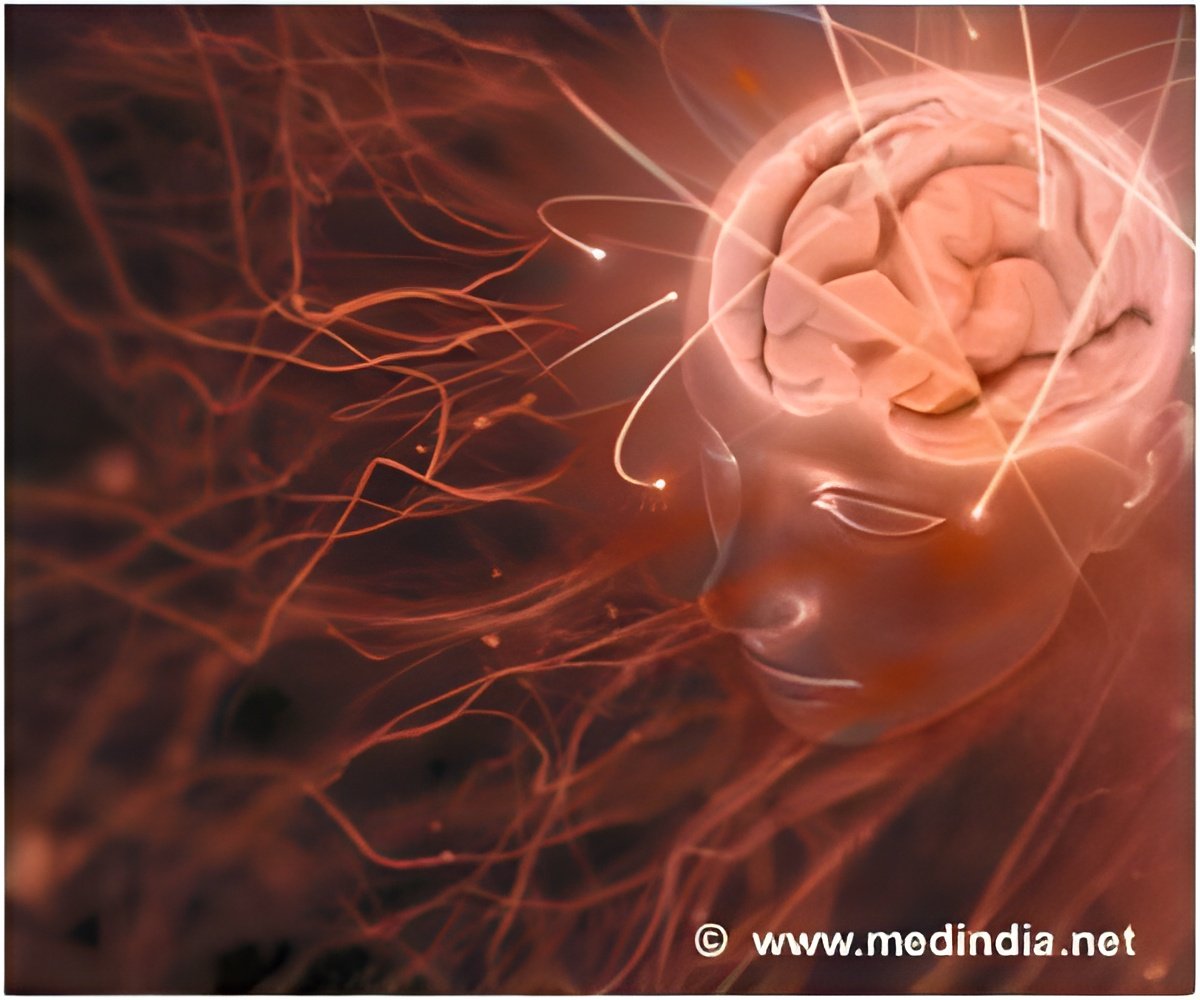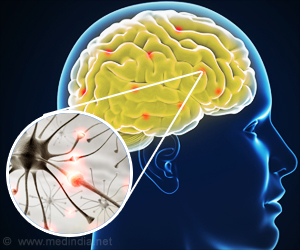AI analyzes subtle voice changes to detect Parkinson’s early, enabling better management and remote monitoring.

About 8.5 million people worldwide are affected by neurological diseases and due to traditional diagnostic methods, early detection of the disease is complicated (1✔ ✔Trusted Source
Parkinson’s disease detection from voice using artificial intelligence techniques: A review
).
New research from Middle Technical University (MTU) in Baghdad and the University of South Australia (UniSA) has recently published a conference paper reviewing the advancements in artificial intelligence techniques to detect Parkinson’s disease (PD).
AI Detects Parkinson’s Through Voice Changes
The team has developed algorithms to detect small changes in a person’s voice as a diagnostic tool for Parkinson’s disease. Speech impairments are often the first indicator of neurological diseases.
MTU Associate Professor Ali Al-Naji, a medical instrumentation engineer and UniSA adjunct, says all the evidence shows that AI-powered voice analysis could revolutionize early PD diagnosis and remote monitoring of the neurodegenerative disorder.
“Vocal changes are early indicators of Parkinson’s disease, including small variations in pitch, articulation, and rhythm, due to diminished control over vocal muscles,” Assoc Prof Al-Naji says.“By analyzing these acoustic features, AI models can detect subtle, disease-related vocal patterns long before visible symptoms appear.”
AI Achieves 99% Accuracy in Parkinson’s Diagnosis
AI techniques primarily use machine learning and deep learning algorithms trained on extensive data sets from simple voice recordings from Parkinson’s patients and healthy controls.
These algorithms extract relevant features, such as pitch, speech distortions, and changes in vowels, and then categorize the voice recordings with remarkable accuracy – as high as 99% in one research study.
Advertisement
Researchers say that while Parkinson’s has no cure, early diagnosis and intervention can improve quality of life and slow the progression of symptoms. “As well as detecting Parkinson’s early, AI could also help monitor patients from a distance, reducing the need for in-person visits,” Assoc Prof Al-Naji says. However, researchers acknowledge the need for further studies on more diverse populations.
Reference:
- Parkinson’s disease detection from voice using artificial intelligence techniques: A review – (https://pubs.aip.org/aip/acp/article-abstract/3232/1/040010/3316679/Parkinson-s-disease-detection-from-voice-using?redirectedFrom=fulltext)
Advertisement



